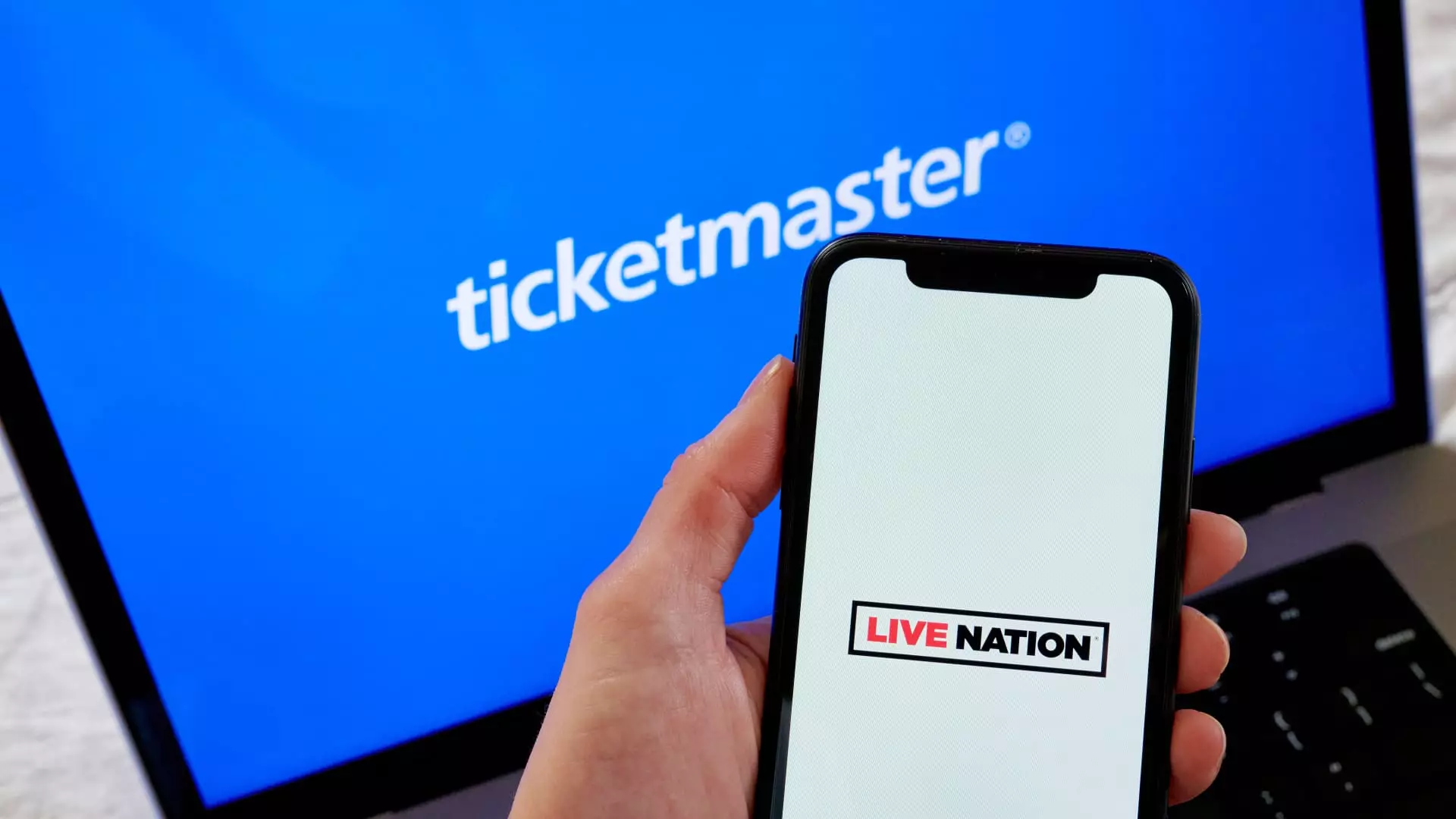The U.S. Department of Justice has filed a lawsuit against Live Nation, the parent company of Ticketmaster, over allegations of antitrust violations. This lawsuit, which has been joined by 30 states, comes after an investigation into Live Nation’s potential monopoly in the ticketing industry. The probe was initiated in 2022, following complaints from fans about ticket issues related to Taylor Swift’s Eras tour.
According to Attorney General Merrick Garland, Live Nation is accused of utilizing unlawful and anticompetitive tactics to maintain a monopolistic grip on the live events industry in the United States. This control allegedly comes at the expense of fans, artists, smaller promoters, and venue operators. Garland stated that this monopolistic behavior results in fans paying higher fees, artists having limited concert opportunities, smaller promoters facing challenges, and venues having fewer options for ticketing services. The Attorney General emphasized the need to break up Live Nation-Ticketmaster.
In response to the DOJ’s allegations, Live Nation released a statement claiming that the accusations of a monopoly are baseless. The company argued that the frustrations within the live entertainment industry cannot solely be attributed to Live Nation and Ticketmaster. Live Nation’s executive vice president, Dan Wall, pointed out that various factors, such as production costs, artist popularity, and online ticket scalping, contribute to higher ticket prices. Wall defended the merger of Live Nation and Ticketmaster in 2010, stating that it was not the sole cause of the current situation.
The lawsuit against Live Nation outlines the company’s business model, which involves capturing fees and revenue from concert fans and sponsorships. This revenue is then used to secure exclusive promotion deals with artists, granting them access to key entertainment venues nationwide. Live Nation is accused of utilizing this dominance to enter into exclusionary contracts with new concert venues, perpetuating the cycle of control. The company is also alleged to engage in anti-competitive practices, such as threatening retaliation against potential competitors and acquiring smaller threats strategically.
The lawsuit highlights incidents, like the surge in demand for Taylor Swift concert tickets, which led to disruptions on Live Nation’s platform. The Senate subcommittee issued a subpoena to Live Nation and Ticketmaster following inflated ticket prices for Swift’s Eras tour. Fans facing high ticket costs in the U.S. sought alternatives in other countries where prices were comparatively lower. The DOJ expressed concerns about the lack of ticketing innovation and outdated technology for music fans in the United States.
Live Nation defended its position by stating that it does not benefit from monopoly pricing. The company claimed that Ticketmaster service charges are comparable to other platforms, if not lower. Live Nation emphasized that the lawsuit is unlikely to reduce ticket prices or service fees significantly. The company explained that artists determine ticket prices, and venues retain the majority of ticket fees. Live Nation’s Wall characterized the allegations as anti-business rather than anti-monopoly.
Despite the legal challenges and controversies, Live Nation reported its “biggest Q1 ever” with a significant increase in revenue compared to the previous year. The company has also faced scrutiny over transparency concerns regarding hidden fees in ticket pricing. Live Nation emphasized that it operates with a lower net profit margin compared to other S&P 500 companies.
The lawsuit against Live Nation underscores the complexities of the live events industry and the challenges posed by potential antitrust violations. As the legal battle unfolds, the future of ticketing services and concert promotions in the U.S. remains uncertain.

